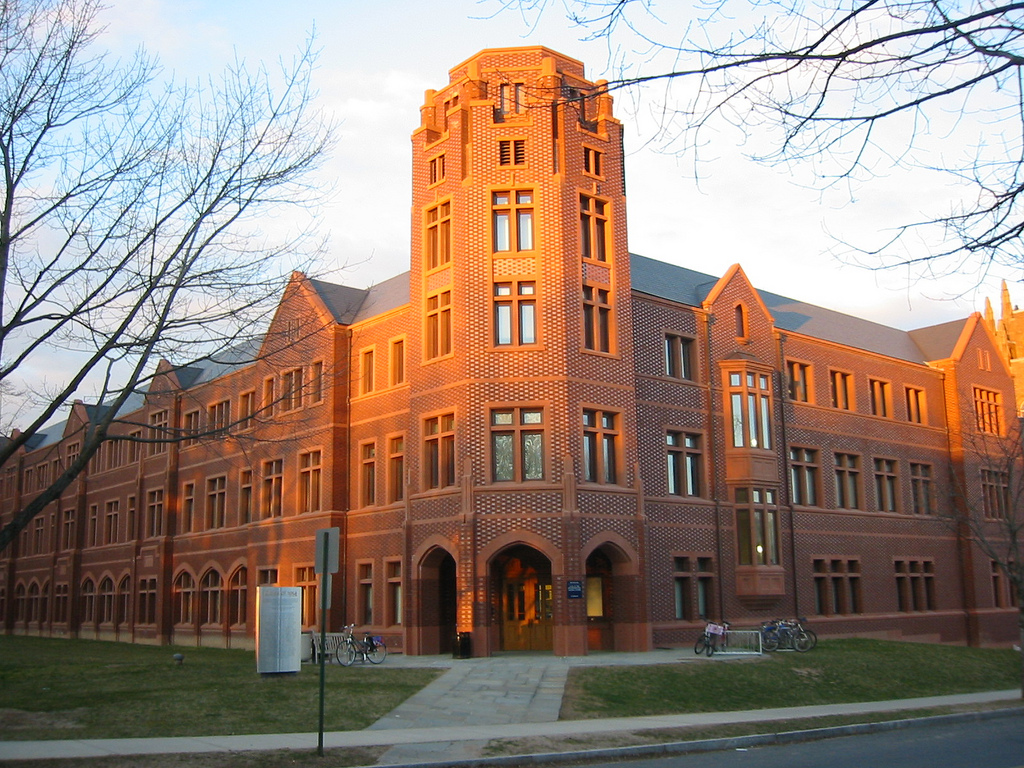
| Degree | Masters |
|---|---|
| Teaching Language | English |
| Course duration | Full Time - 4 semester |
| Tuition Fees Amount | €1,500 |
| Semester | |||
|---|---|---|---|
| Non-European | App. Start | Deadline | Description For Semesters Dates |
| Winter | - | 15 Mar | - |
| European | |||
| Winter | - | 01 Jun | - |
| Application Deadline |
|
||||
|---|---|---|---|---|---|
| Website | Course Website | ||||
| Scholarship | - |
| Course duration | Full Time - 4 semester |
|---|---|
| Language | English |
| ECTS | 120 |
| Semester | |||
|---|---|---|---|
| Non-European | App. Start | Deadline | Description For Semesters Dates |
| Winter | - | 15 Mar | - |
| European | |||
| Winter | - | 01 Jun | - |
| Course Website | |||||||||||||||||||||||
|---|---|---|---|---|---|---|---|---|---|---|---|---|---|---|---|---|---|---|---|---|---|---|---|
| Description/content |
International agricultural program with a focus on development service
|
||||||||||||||||||||||
| Other | Course Module-
More information about the individual modules can be found in the module descriptions.
In the second year of studies,
|
||||||||||||||||||||||
| Tuition fees | Yes |
|---|---|
| Tuition fees amount | €1,500 |
| Additional information on fees | |
| Scholarships | - |
| Academic admission requirements |
|
||||
|---|---|---|---|---|---|
| Language requirements |
|
||||
| Document Required |
|
||||
| Application deadline |
|
||||
| Submit Application To | For more details-Kindly check University website. |
| Accommodation | No |
|---|---|
| Accommodation Details | |
| Supervisor-Student Ratio | - |
| About University |
|
|---|---|
| Profile | - |
| Logo | - |